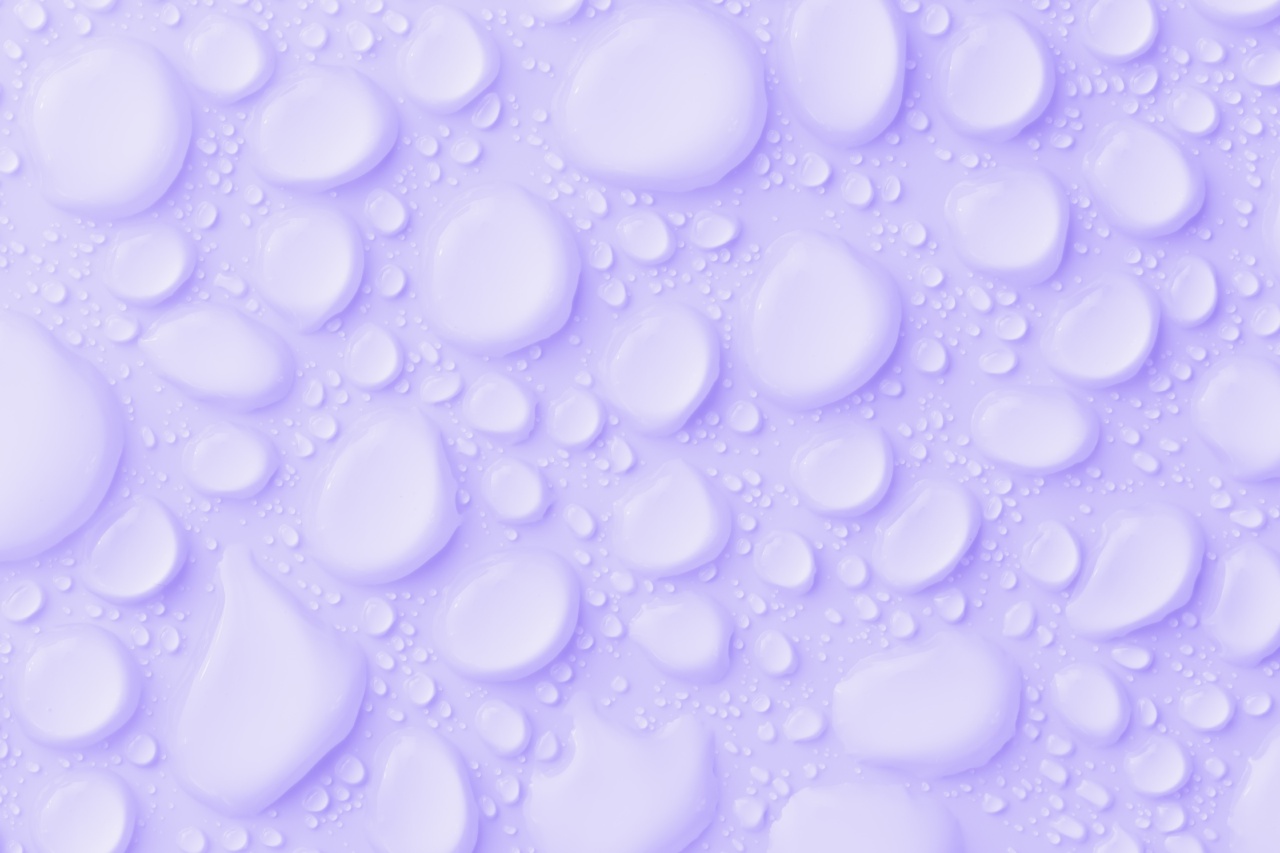Water is essential for our overall health and well-being. It plays a crucial role in maintaining bodily functions, regulating body temperature, and ensuring the proper functioning of vital organs.
However, many people fail to consume an adequate amount of water daily, leading to dehydration and potential health issues. It’s important to evaluate your water intake regularly to ensure that you are staying properly hydrated. Take this simple quiz to determine if you are drinking enough water.
Quiz: Are you drinking enough water?
Answer the following questions to evaluate your water intake:.
Question 1: How often do you feel thirsty throughout the day?
a) Rarely.
b) Occasionally.
c) Frequently.
Question 2: How often do you experience dry mouth or lips?
a) Rarely.
b) Occasionally.
c) Frequently.
Question 3: How many times do you urinate in a day?
a) Less than 5 times.
b) Around 5-7 times.
c) More than 7 times.
Question 4: Do you often experience headaches or dizziness?
a) Rarely.
b) Occasionally.
c) Frequently.
Question 5: How often do you consume beverages other than water?
a) Rarely.
b) Occasionally.
c) Frequently.
Question 6: How frequently do you engage in physical activities or exercises?
a) Rarely.
b) Occasionally.
c) Frequently.
Question 7: How often do you consume fruits or vegetables with high water content?
a) Rarely.
b) Occasionally.
c) Frequently.
Question 8: How often do you consume caffeinated or alcoholic beverages?
a) Rarely.
b) Occasionally.
c) Frequently.
Question 9: How often do you experience muscle cramps or fatigue?
a) Rarely.
b) Occasionally.
c) Frequently.
Question 10: How much water do you typically drink in a day?
a) Less than 4 cups.
b) Around 4-8 cups.
c) More than 8 cups.
Evaluating Your Water Intake:
Add up the points corresponding to your answers:.
| Questions | Answer A | Answer B | Answer C |
|---|---|---|---|
| Question 1 | 1 | 2 | 3 |
| Question 2 | 1 | 2 | 3 |
| Question 3 | 0 | 2 | 3 |
| Question 4 | 0 | 2 | 3 |
| Question 5 | 0 | 1 | 2 |
| Question 6 | 0 | 1 | 2 |
| Question 7 | 0 | 1 | 2 |
| Question 8 | 0 | 1 | 2 |
| Question 9 | 0 | 1 | 2 |
| Question 10 | 0 | 1 | 3 |
Add up your points to determine your water intake level:.
| Total Points | Water Intake Level |
|---|---|
| 0-10 | Low |
| 11-20 | Moderate |
| 21-30 | High |
Interpreting Your Water Intake Level:
Based on your total points, here’s how to interpret your water intake level:.
If your total points fall between 0 and 10, it indicates that your water intake is low. You may be at risk of dehydration and should consider increasing your daily water consumption.
If your total points fall between 11 and 20, it suggests that your water intake is moderate. However, there is still room for improvement. Try to increase your water intake to stay adequately hydrated.
If your total points fall between 21 and 30, congratulations! It means that your water intake is high. You are likely maintaining optimal hydration levels, which is essential for your overall health and well-being.
Tips for Increasing Water Intake:
If you fall into the low or moderate water intake category, here are some tips to help you increase your daily water consumption:.
1. Set a daily water intake goal:
Determine how many cups or liters of water you should be consuming each day based on your activity level and body weight. Use this as a goal to track your progress.
2. Carry a reusable water bottle:
Having a water bottle with you at all times makes it convenient to sip water throughout the day, whether you’re at work, running errands, or exercising.
3. Use smartphone apps:
There are several smartphone apps available that can help you track and remind you to drink water at regular intervals, ensuring you meet your daily water intake goal.
4. Infuse your water:
If plain water doesn’t appeal to you, try infusing it with fruits, herbs, or vegetables to add flavor. This can make drinking water more enjoyable, encouraging higher consumption.
5. Keep water accessible:
Place water jugs or bottles in easily accessible areas of your home, workplace, or car. Having water readily available will remind you to drink throughout the day.
6. Monitor your urine color:
Your urine color can be an indicator of hydration levels. Aim for a light, pale yellow color. If your urine is dark yellow, it’s a sign that you need to drink more water.
7. Consume water-rich foods:
In addition to drinking water, consuming fruits and vegetables with high water content, such as watermelon, cucumbers, and oranges, can contribute to your overall hydration.
Conclusion:
Evaluating your water intake is crucial for maintaining optimal health. Dehydration can lead to various health issues and impact your overall well-being.
By taking this simple quiz and understanding your water intake level, you can make necessary adjustments to ensure you stay properly hydrated. Remember, drinking enough water is essential for your body’s proper functioning and overall vitality.































